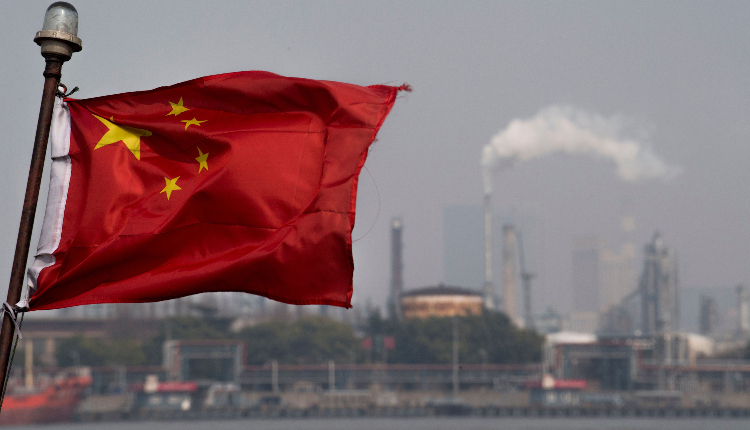China committed on Thursday to boosting the budget deficit, issuing more debt, and easing monetary policy to sustain stable economic growth amid escalating trade tensions with the US under the incoming administration of president-elect Donald Trump.
The announcement was made following the Central Economic Work Conference (CEWC) held on Dec. 11-12, as reported by state media.
The impact of external changes has worsened, said national broadcaster CCTV after the closed-door CEWC.
This year’s meeting addresses challenges in China’s economy, including a property market crisis, high local government debt, and weak domestic demand. The country’s exports, a key driver of growth, are also at risk due to potential higher US tariffs.
The CEWC commitments align with recent statements from Communist Party leaders, signalling a more cautious approach to economic policies.
The Politburo announced that China will adopt a more relaxed monetary policy, increase fiscal measures, and implement unconventional counter-cyclical adjustments.
The CEWC summary highlighted plans for a higher budget deficit, increased debt issuance, reduced bank reserve requirements, and timely interest rate cuts at both central and local government levels.
“The direction is clear, but the size of stimulus matters, which we probably will find out only after the US announces the tariffs,” Zhiwei Zhang, chief economist at Pinpoint Asset Management, said.
China’s recent shift towards a more dovish stance indicates a willingness to take on more debt to prioritise short-term growth over financial risks, according to analysts.
At the CEWC, targets for economic growth, budget deficit, debt issuance, and other variables are set for the upcoming year. These targets are agreed upon at the conference but will not be officially released until the annual parliament meeting in March.
Government advisers recommended that Beijing maintain its growth target of around five per cent next year, according to Reuters.
The CEWC emphasised the need for steady economic growth without specifying a number.
Xu Tianchen, a senior economist at the Economist Intelligence Unit, expressed concerns about achieving five per cent growth in 2025 due to potential impacts on exports and capital expenditure from external factors like the “Trump shock.”
Attribution: Reuters
Subediting: M. S. Salama


